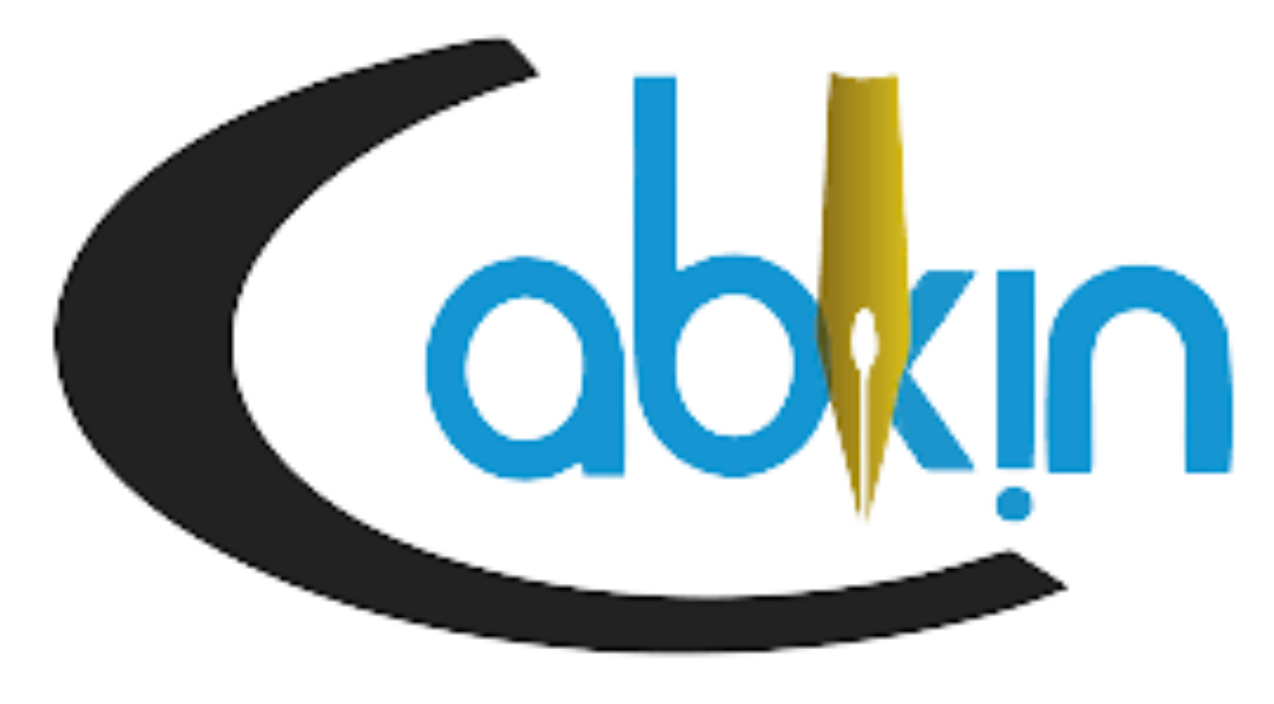Self-Healing untuk Mengurangi Stres Akademik Mahasiswa saat Kuliah Daring
Abstract
Keywords
Full Text:
PDFReferences
Aisa, A. (2021). Terapi Mewarnai Solusi Untuk Mengurangi Stress Akademik Mahasiswa Terhadap kuliah Online. Edu Consilium: Jurnal BK Pendidikan Islam, 2(2), 62-77. DOI: 10.1905/ec.v1i1.1808.
Anggraeni, W. N. & Subandi (2014). Pengaruh Terapi Relaksasi Zikir Untuk Menurunkan Stress pada Penderita Hipertensi Esensial. Jurnal Intervensi Psikologi, 6(1), 81-102.
Aryani, F. (2016). Stres Belajar: Suatu pendkeatan dan Intervensi Konseling. Palu: Mitra Grafika.
Bakri, S. (2009). The Power OF Tasawuf Reiki Sheat jasmani Ruhani Dengan Psikoterapi Islami. Yogyakarta: Galang Press.
Beck, A. B. (2002). Communication studies: the essential introduction. London/New York: Routledge.
Budiman & Ardianty, S. (2018). Pengaruh Efektivitas Terapi Self-healing Menggunakan Energi Reiki terhadap kecemasan. Jurnal Ilmiah Psikologi, 4(1), 141-148. DOI: 10.15575/psy.v4i1.1227.
Ciccarelli, S.K. & White, J. N. (2014). Psychology, 3rd Edition. USA: Pears.
Crane, P.J. & Ward, S.W. (2016). Self-Healing and Self-Care for Nurses. AORN Journal: The Official Voice Of Perioperative Nursing, 104(5), 386-400. DOI: 10.1016/j.aorn.2016.09.007.
Dariyo, A. (2004). Psikologi Perkembangan Dewasa Muda. Jakarta: Grasindo.
Huitt, W. (2011). Motivation to learn: An overview. Valdosta, GA: Valdosta State University. Retrieved from http://www.edpsycinteractive.org/topics/motivation/motivate.html.
Hurlock, E. (2012). Psikologi Perkembangan, Suatu Pendekatan Sepanjang Rentang Kehidupan (terjemahan). Jakarta: Erlangga.
Kemdikbud. (2020). Kamus Besar Bahasa Indonesia. Jakarta: Kemdikbud.
Kumala, O.D., Kusprayogi, Y., Nashori, F. ((2017). Efektivitas Pelatihan Dzikir dalam peningkatan ketenangan jiwa pada penderita lansia Hipertensi. Psympathic. Jurnal Ilmiah Psikologi, 4(1), 55-66. DOI: 10.15575/psy.v4i1.1260.
Litalien, M., Atari, D.O., Obasi, I. (2022). The influence of religiosity and spirituality on health in Canada: A systematic literature review. Journal of Religion and Health, 61(1), 373-414. DOI: 10.1007/s10943-020-01148-8.
Mahnun, N. (2012). Media Pembelajaran (Kajian Terhadap Langkah-langkah Pemilihan Media dan Implementasinya dalam Pembelajaran). An-Nida': Jurnal Pemikiran Islam, 37(1), 21-35. DOI: 10.24014/an-nida.v37i1.310.
Mingo, I. & Montecolle, S. (2013). Subjective and Objective Aspects of Free Time: The Italian Case. Italy: Springer Science.
Shadi, M., Peyman, N., Taghipour, A., & Tehrani, H. (2018). Predictors of the academic stres and its determinants among students based on the theory of planned behavior. Journal of Fundamentals of Mental Health, 20(1), 87–98. DOI: 10.22038/JFMH.2017.10060.
Shihab, M. Q. (2018). Wawasan Al-Quran Tentang Doa dan Zikir. Ciputat: PT Lentera Hati.
Sugiyono. (2015). Metode Penelitian Pendidikan (Pendekatan Kuantitatif, Kualitatif, dan R & D). Bandung: Penerbit Alfabeta.
Syukur, M. A. (2012). Sufi Healing: Terapi Dalam Literatur Tasawuf. Walisongo: Jurnal Penelitian Sosial Keagamaan, 20(2), 391-412.
Wahyuni, N. E. (2017). Mengelola Stres Dengan Pendekatan Cognitive Behavior Modification. (Studi Eksperimen Pada Mahasiswa Baru Pendidikan Agama Islam (PAI). Jurnal Tadrib, 3(1), 99-117. DOI: 10.19109/Tadrib.v3i1.1385.
Ward, P. J. (2016). Self-Healing And Self care For Nurses. AORN Journal, 104(5), 386-400.
DOI: https://doi.org/10.18326/pamomong.v2i2.136-153
Refbacks
- There are currently no refbacks.
Copyright (c) 2021 Anna Aisa, Iswatun Hasanah, Uswatun Hasanah, Sri Rizqi Wahyuningrum

This work is licensed under a Creative Commons Attribution-ShareAlike 4.0 International License.
Pamomong: Journal of Islamic Educational Counseling is licensed under a Creative Commons Attribution-ShareAlike 4.0 International License







